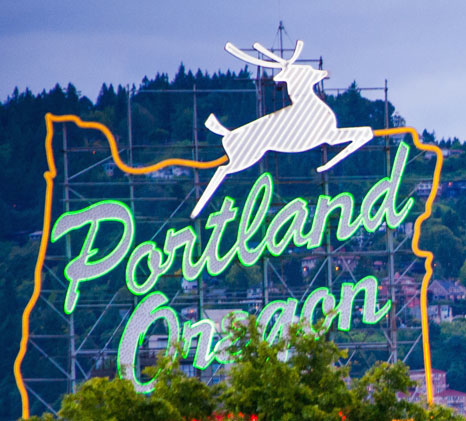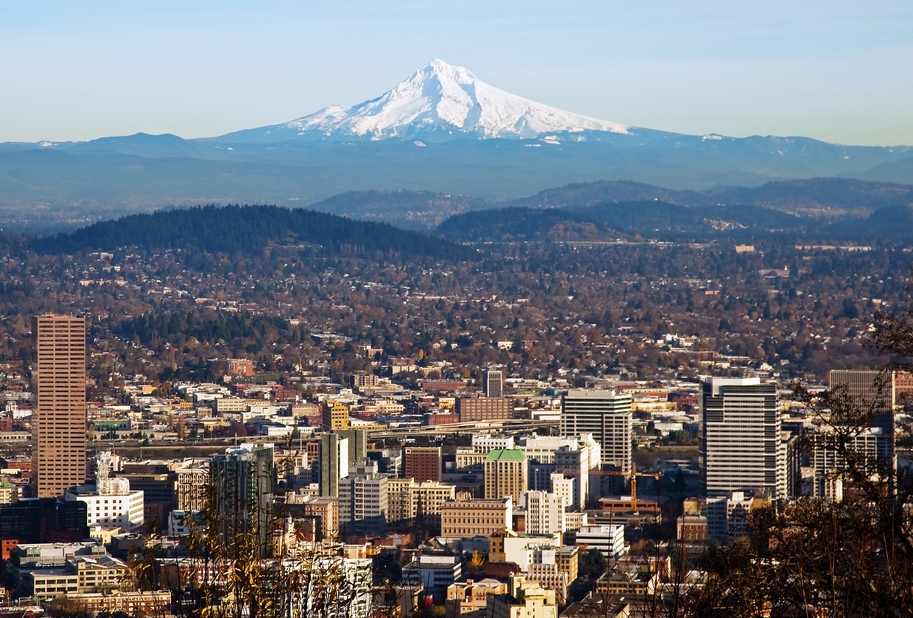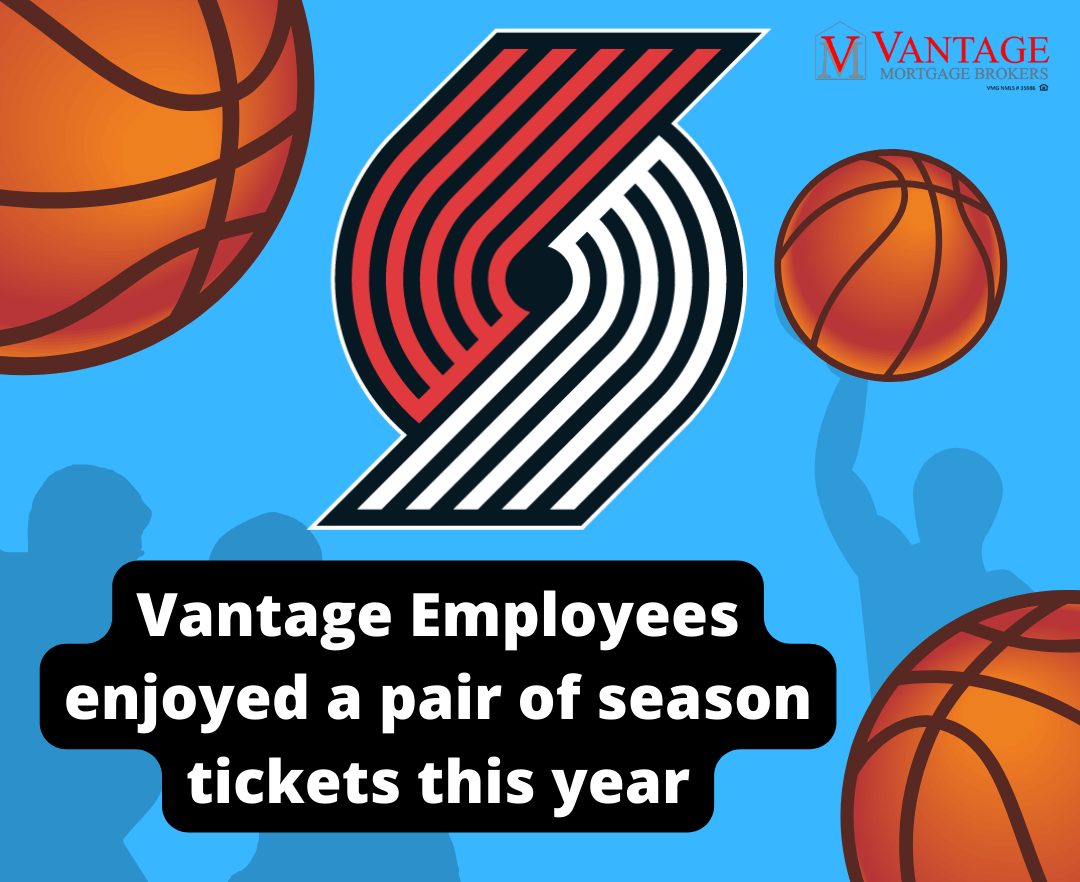The Vantage employees supported our local Portland Trailblazers this year as season ticket holders. It…

Portland Leads The Best Places For Business And Careers 2017
From Forbes:
Despite a population of 2.4 million, the Portland, Ore., metro area is home to just one big publicly traded company with annual sales over $3 billion: Nike, based in Beaverton. But the limited big corporate presence has not stopped recent college grads from flocking to Portland for its outdoor recreational opportunities, as well as its progressive and environmentally friendly scene.
The influx of educated young adults has been a boon to the $157 billion economy, with household incomes up 4% annually since 2011 and unemployment falling below 4% from a peak of 11.3% in 2009. Portland now has the ninth-highest concentration of highly educated millennials based on data from Experian.

Companies with a large local presence in the Portland metro like Nike, Intel, Daimler and Boeing benefit from the 36 universities and 150,000 college students within 50 miles of the city center. Well-paid STEM fields (science, technology, engineering and math) account for 7.2% of all jobs in the metro area, well above the national average of 5.8%.
Google opened its first office in Portland last year, joining other tech stalwarts like Hewlett-Packard, eBay and Salesforce. Startups are also popping up, giving rise to the nickname “Silicon Forest.” Companies and workers in Portland benefit from dramatically more affordable conditions than in the Bay Area.
Our ranking compares the business climates of the 200 largest metro areas by population in the U.S. (our look at the Best Small Places for Business will be out in two weeks). We rated them on 14 metrics related to job growth, costs (business and living), income growth, quality of life and the education of the labor force.
For most of our data we leaned on Moody’s Analytics, demographer Bert Sperling, who runs Sperling’s Best Places, and the U.S. Census Bureau. The measure of highly educated millennials is based on a profile developed by Cushman & Wakefield Strategic Consulting using the Experian MosiacUSA database (Austin ranked first for top young talent). We also factored in laws that protect people from employment discrimination based on sexual and/or gender identity using the Movement Advancement Project (click here for a more detailed methodology).
Raleigh moves up one spot from last year to second in our ranking. The Raleigh metro area has by far been the most consistent performer in our annual survey, finishing in the top three each of the past 15 years. It continues to attract high levels of in-migration, and it boasts one of the country’s most educated labor forces (47% have a college degree). Business costs are 12% below the national average the employment forecast rates among the top 10 in the country.
Indian software firm Infosys tabbed Raleigh this year for one of its four new U.S. technology and innovation hubs. “We were super impressed with the academic ecosystem around us in North Carolina and Raleigh specifically,” said Infosys President Ravi Kumar. The move will bring 2,000 tech professionals to the area by 2021.
Portland’s northwest neighbor Seattle ranks third overall. Seattle resident Amazon is on the lookout to add a second North American headquarters as its rapid growth has strained the Emerald City. Amazon has helped propel Seattle’s $266 billion economy by adding 35,000 workers in Seattle since 2010 to a current total of 40,000.
Seattle scores among the top five metros for both household income growth (4.7% per year since 2011) and concentration of highly educated millennials (23%).
Denver and Des Moines round out the top five. Denver ranked first the previous two years, but the employment outlook has softened for the Mile High City. Des Moines features business costs 15% below the national average.
Sadly, Atlantic City seems to have a stranglehold on the bottom spot: The gambling hub ranks 200th for the fifth straight year. The State of New Jersey took control of Atlantic City’s debt-ridden government in November following the closure of a half-dozen casinos since 2014. The outlook remains weak with a negative employment forecast through 2019, according to Moody’s Analytics. Other metro areas that are lagging badly include the California Central Valley cities Merced and Visalia, as well as Columbus, Ga., and Huntington, W.V.



